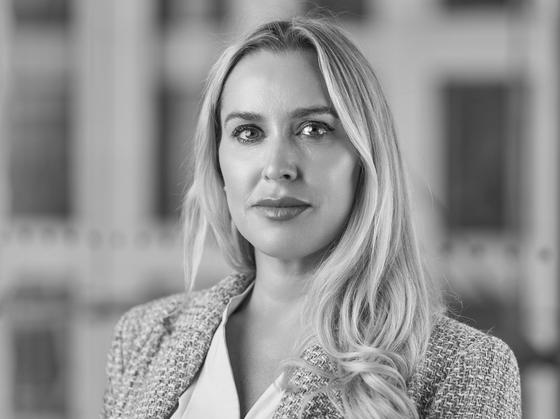Getting to grips with Shariah-compliant finance

This editorial was featured in Mortgage Solutions.
Shariah-compliant finance is one of the fastest growing areas in financial services. Valued at $200 billion in 2003, the global Islamic finance sector is expected to grow to $4 trillion in assets by 2030. The UK is one of the sector’s largest markets outside the Middle East, yet there are still misconceptions about Shariah-compliant products and how these differ from those offered by conventional banking providers.
What’s different?
The main difference between Shariah-compliant and conventional banking is that the former does not pay or charge interest. This is because Shariah principles state that money should be put to work to produce a return for the benefit of the whole community rather than generating profit in and of itself.
Instead, Shariah-compliant providers such as Gatehouse Bank offer Home Purchase Plans (HPPs), which are commonly known as the Islamic alternative to mortgages. HPPs involve the customer and the bank forming a partnership to purchase the home together and the customer pays monthly acquisition payments as well as rent on the share of the property they do not yet own. With every monthly repayment, the customer acquires an increasing portion of the home until they ultimately become a homeowner.
Shariah-compliant savings products offer returns known as an Expected Profit Rate, where the bank invests the customer’s deposit in Shariah-compliant funds and shares the profit.
Wide appeal
While a common misconception is that Islamic finance products are exclusively for those of the Muslim faith, the reality is that they are open to everyone, including those of all or no religions. It is therefore important for brokers and finance providers alike to work towards raising awareness of these options, not just for those of the Islamic faith, but to ensure that everyone has the option of aligning their financial goals to their ethical values.
For many, Shariah-compliant banking is perceived to be more ethical than traditional banking due to the natural alignment between the Shariah principles of protecting, promoting and preserving the human race and sustainable development frameworks. Shariah-compliant banks such as Gatehouse operate according to a socially responsible ethos and do not invest in sectors such as alcohol, gambling, tobacco, adult entertainment or the arms industry.
Gatehouse Bank has also made further ethical commitments and is a founding signatory to the UN Principles for Responsible Banking, a framework for banks to align their core strategy, investment and decision-making to the UN’s Sustainable Development Goals, the Paris Climate Agreement and other sustainable development frameworks.
Charged for growth
Even at a time when the cost of living continues to rise, ESG considerations remain important to consumers, as revealed by the UKIFC’s global survey to gauge the understanding of the United Nations’ Sustainable Development Goals (UN SDGs) amongst retail consumers of Islamic finance products. This found that 90% of respondents value products aligned to the UN SDGs and 71% said that they would use their bank’s products more if they were aligned with sustainability initiatives.
The appetite for ethical financial products presents a significant opportunity for Shariah-compliant finance providers, who have the potential to meet these needs. For brokers, an enhanced understanding of Shariah-compliant solutions is not only important to help guide customers looking for these products, but also to meet demand for more ethical finance options.